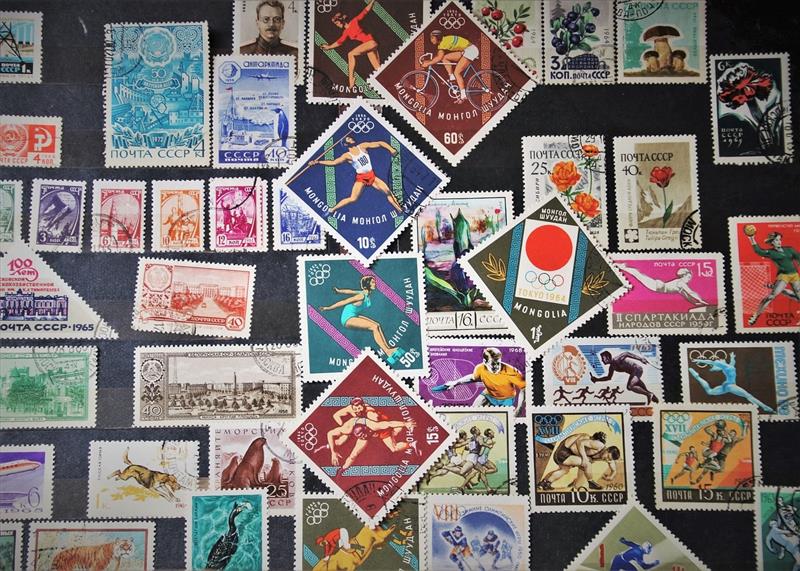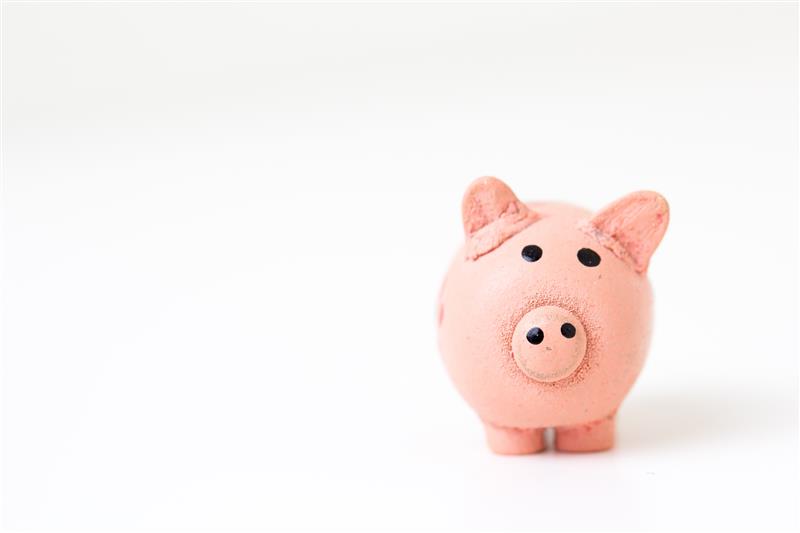SELLING VIA ONLINE PLATFORMS IN THE UE (DAC7)
Anyone selling through a digital platform in the European Union uses a medium with a registration and reporting obligation according to DAC7 guidelines. This covers sales transactions by both companies and individuals, including when they come from outside the European Union.
Sylvie's arranges the implementation of DAC7 on your behalf. For this, we ask companies for the same details as before the introduction of DAC7, and a company number (BE) or Chamber of Commerce number (NL). From now on, we will also ask individuals for their date of birth and national registry number (BE) or citizen service number (NL). All requested data can be found on our privacy page.
We will send you a quarterly and yearly overview of your sales.

What does DAC7 mean?
It is the abbreviation for the ‘Directive on Administrative Cooperation’. Cooperation concerns the exchange of data between countries in the EU. The directive contains reporting rules for online platforms operating in the EU.
Who does the reporting obligation apply to?
Among others, the reporting obligation applies to all owners of an online platform. For DAC7, Sylvie's is responsible for implementing it for sales in the wine auction.
Which transactions are covered by the duty to report?
All sales above €2,000.00 net per year or 30 or more transactions done by one seller in a year.
What is the purpose of the reporting obligation?
The intention is that tax rules within the EU apply to everyone. This requires knowledge of sales transactions, especially those that take place on a large scale, such as those via online platforms, and that are possible beyond one's home country borders in the EU.


Do I have to pay tax on my sales?
As a company most certainly and that is normal. However, if you are a private individual, you do not usually pay tax on your sales, even when applying DAC7's rules.
Paying tax comes into the picture when buying and selling for profit. Sales made from a hobby or privately are in principle not subject to tax.
Within the EU, the aim is to create a level playing field for equal situations. Private individuals in the EU are free to sell something privately and VAT-free to another private individual, but all traders must pay VAT after selling to an end user. DAC7 aims to counter sales that appear to have been made privately but are not. This situation arises in particular for traders who purchase in the EU using reverse charge (‘intra-community’) VAT and then resell the goods as private individuals.
For private collectors of wine and whisky, the following Belgian case law
is available. Selling through an auction house appears to be an advantage over selling at a fixed sales price.
Based on an EU commitment to a level playing field for all participants in its own market, it is our expectation that this Belgian jurisprudence will also be respected in other countries in the EU, even if the tax systems in each country within the EU are different in parts.
Direct sales you make through mediation by Sylvie's do not take place through an online sale and are outside the scope of DAC7.
Last updated 27 November 2024.